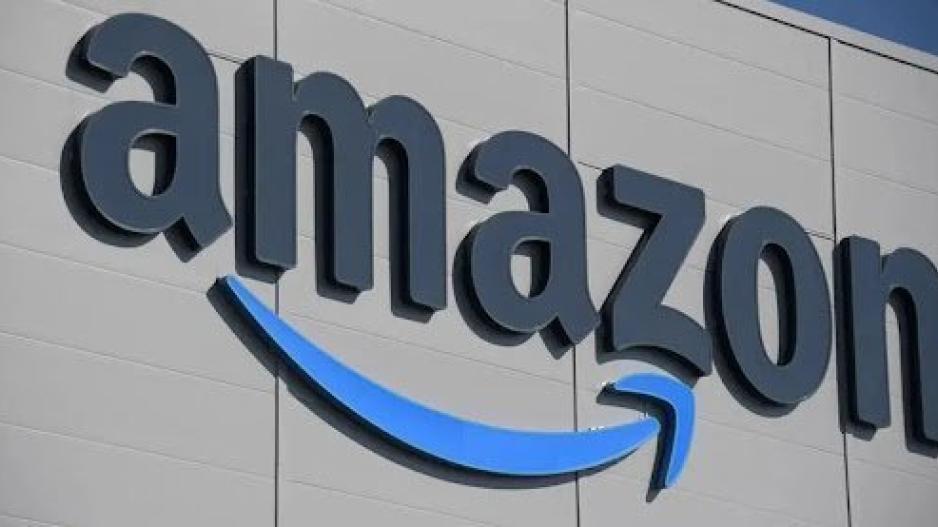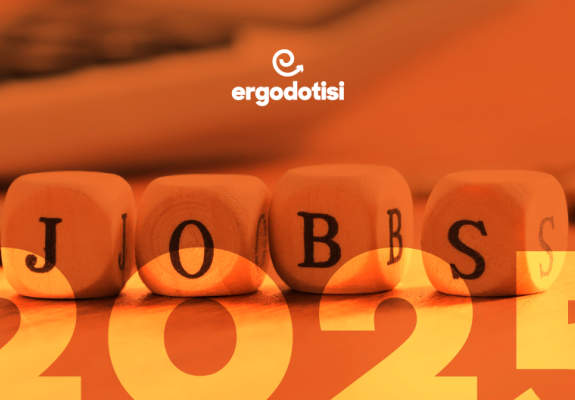Amazon Pilots AI-Designed Carbon Removal Tech
Orbital Materials, with facilities in Princeton, New Jersey, and London, has been at the forefront of leveraging AI to tackle climate challenges.
Amazon.com Inc. is set to pilot an innovative carbon-removal material for its data centers, addressing concerns over rising emissions linked to the artificial intelligence systems these facilities support. The innovative material, developed by the startup Orbital Materials, was designed using artificial intelligence, according to Orbital CEO Jonathan Godwin. "It's like a sponge at the atomic level," Godwin explained. "Each cavity in this material selectively interacts with CO2, while avoiding other substances."
The material offers significant potential for cost savings, adding just 10% to the hourly cost of renting a GPU chip for AI training—far less than traditional carbon offset solutions, Godwin said.
As AI technology advances, the energy demands of data centers are soaring, accompanied by increased water usage to maintain cooling systems. This presents a significant hurdle for companies like Amazon, which has pledged to achieve net-zero carbon emissions by 2040.
Amazon Web Services (AWS), the company’s cloud-computing division and the largest global provider in its sector, will implement the material in a pilot at one data center beginning in 2025. The pilot is part of a three-year collaboration with Orbital Materials. The partnership also allows Orbital to leverage AWS technology and make its open-source AI tools accessible to AWS customers.
Orbital Materials, with facilities in Princeton, New Jersey, and London, has been at the forefront of leveraging AI to tackle climate challenges. The company established a lab last year to synthesize materials simulated by its AI models, with the aim of expanding its applications to address water and cooling challenges in data centers.
The 20-person startup, co-founded by Godwin, is backed by investors including Radical Ventures and Nvidia's venture arm. Godwin, who previously led materials science initiatives at Alphabet’s DeepMind until 2022, emphasized the potential of AI to drive breakthroughs in sustainability.






